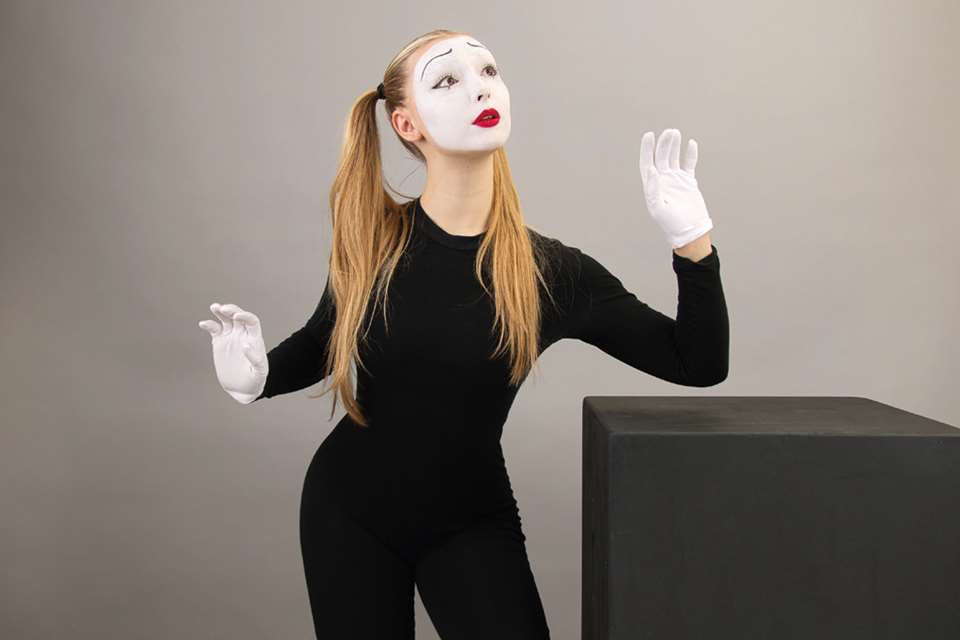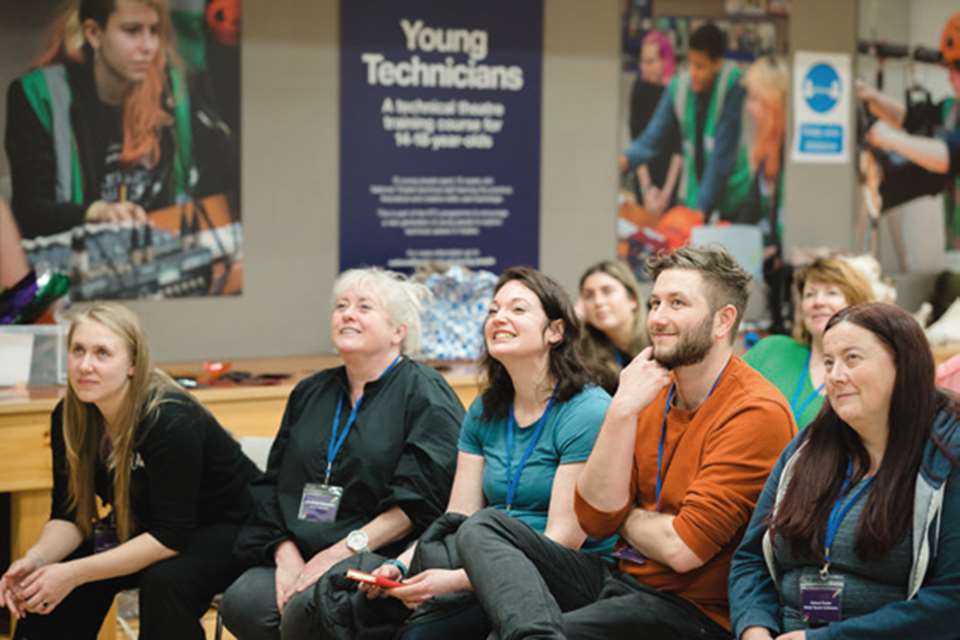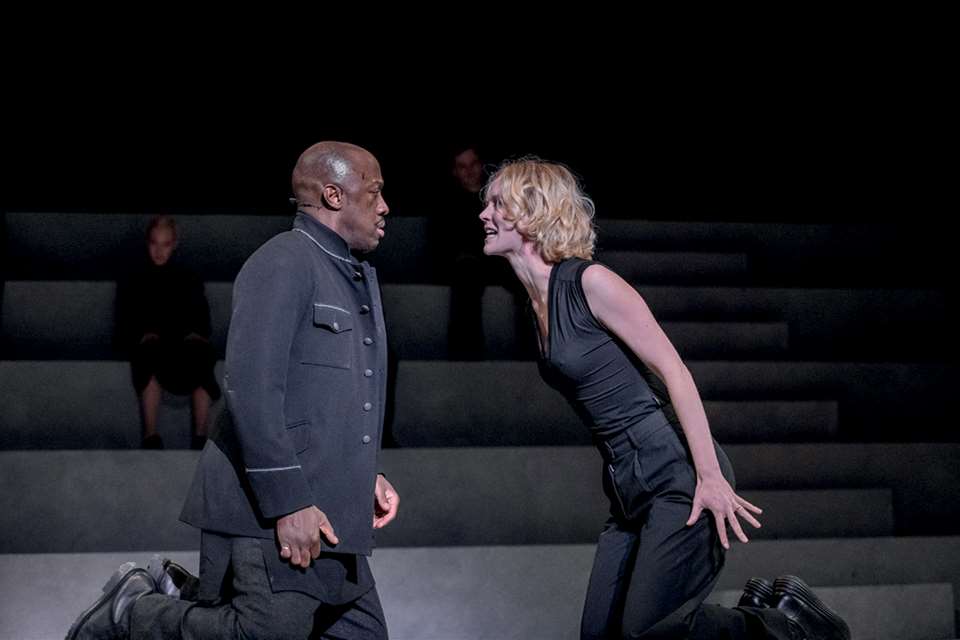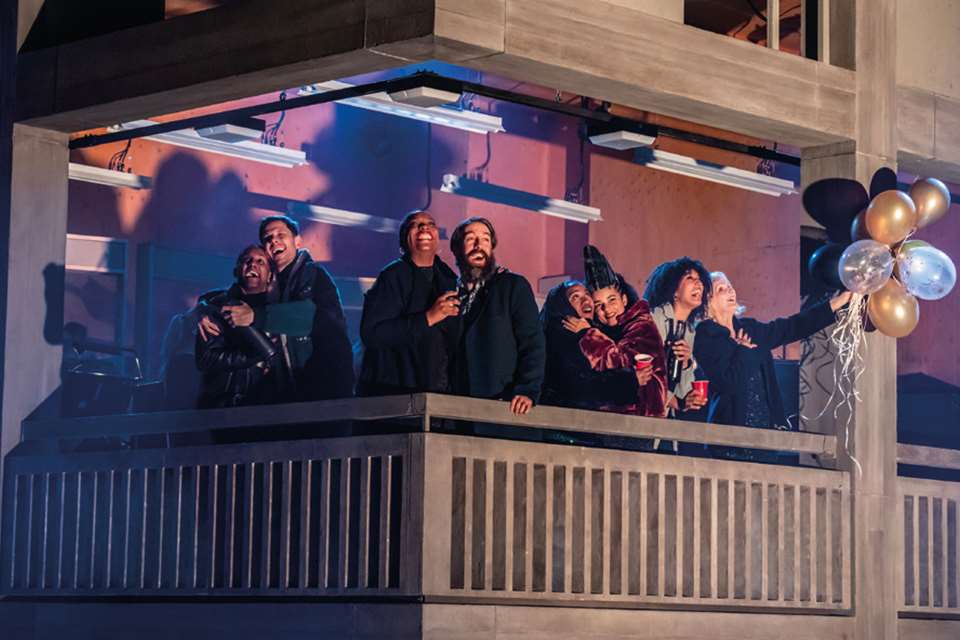The Boy at the Back of the Class
Natasha Tripney
Friday, March 1, 2024
Telling the tale of a young Syrian refugee who arrives at a school in the UK, The Boy at the Back of the Class has been tackling some complex issues for young audiences in its recent stage adaptation. Natasha Tripney catches up with the team behind its creation to discuss its impact
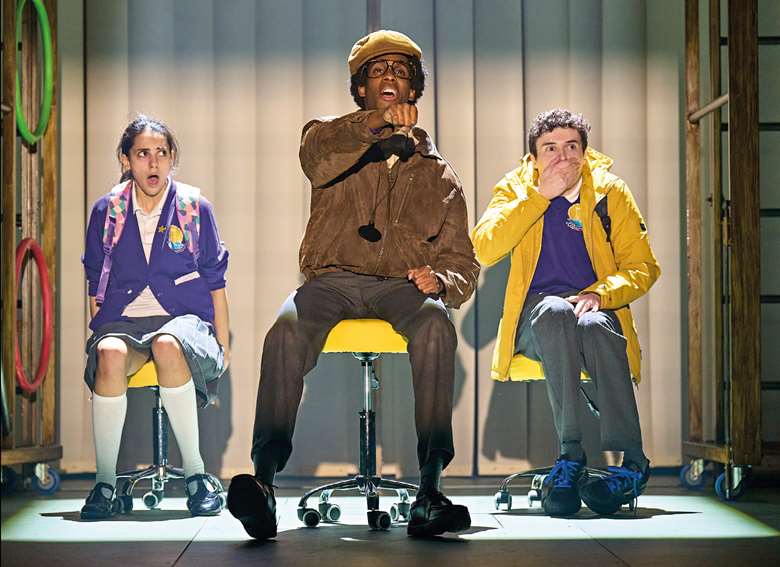
Manuel Harlan
Register now to continue reading
Register to the Drama & Theatre website today and gain access to all the latest news and developments from the world of drama education. By registering you will receive:
- Free access to 4 subscriber-only articles per month
- Unlimited access to news and opinion on our website



